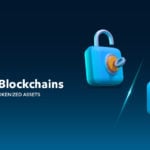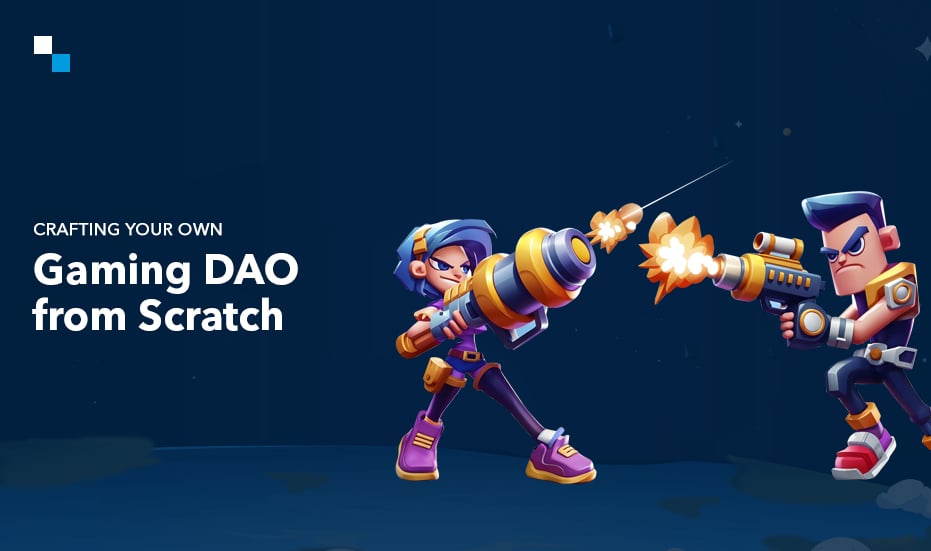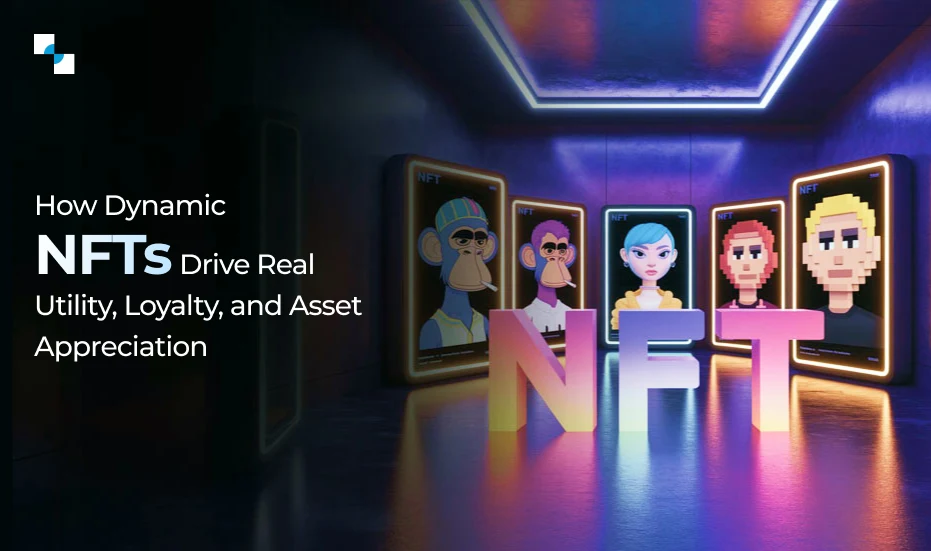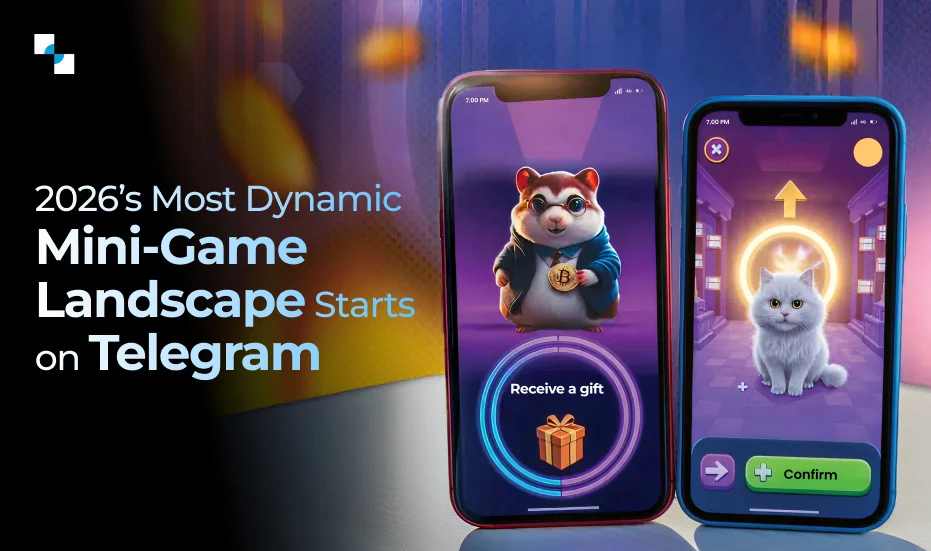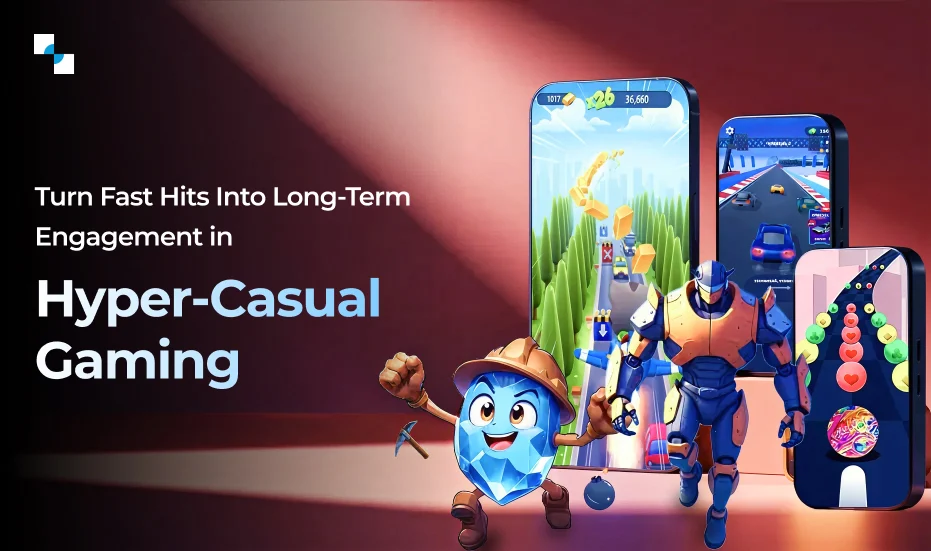The gaming industry has been revolutionized by the emergence of Decentralized Autonomous Organizations (DAOs). The innovative entities have taken advantage of blockchain to ensure community-driven governance. They increase the participation of players in decision-making processes that impact their gaming.
But what are DAOs?
At its core, a DAO is merely an organization that works without leaders but is actually steered by smart contracts and collective input from the members.
This blog will take you through the concept of DAOs, portray their vast potential within the gaming domain, and enumerate the multiple benefits gaming DAO platforms could provide to both the players and developers as well.
What are DAOs?
A DAO is a decentralized autonomous organization based on blockchain. It does not have centralized leadership; rather, it is governed and decided through the collective action of community members. DAOs function through smart contracts that form the rules and processes for decision-making, ensuring transparency and accountability. In the gaming sector, DAOs allow users to participate in game development funding and governance in many ways, sometimes with tokens tied to voting and rewards.
Potential of DAOs in the Gaming Space
DAOs in gaming are enormous and can bring about player-centric experiences. A prime advantage is the creation of interoperable assets; for example, players would be able to use their in-game items across different games and thus enhance their value and utility. Apart from these, DAO gaming can empower gaming guilds to assume control of their servers and gameplay experiences, creating active communities that can easily fund new projects in which they are interested. Community governance will democratize game development and deepen player engagement through direct participation in features and policies.
Benefits of Gaming DAO Platforms
Gaming DAOs are revolutionizing the gaming industry by empowering players to take control of their gaming experiences. Through blockchain technology, these platforms provide a wide array of benefits that continue to revolutionize the development, playing, and monetizing of games.
- Democratic Decision-Making: Critical decisions concerning game development and policy can be voted upon by players, which creates a feeling of ownership and satisfaction.
- Transparency: Since transactions and decisions are verifiable through blockchain, trust within the community will be built through the medium.
- Economic Opportunities: Players will be rewarded through the governance process and contribute to an alternative economy within the game as their assets will be traded in-game as NFTs.
- Community Engagement: DAOs promote cooperation between players, resulting in stronger communities that can share resources and strategies.

Types of Gaming DAOs
With blockchain, gaming DAOs are a new revolutionary powerhouse in the gaming industry. It brings about decentralized game development, governance, and economy. Let’s dive into the main types of gaming DAOs:
1. GameFi DAOs
GameFi DAO refers to integrating gaming with decentralized finance (DeFi).
Key Features of GameFi DAO:
- Play-to-Earn (P2E): Players earn cryptocurrency or NFTs as rewards for in-game activities.
- Token-Based Economies: Assets in the game are tokenized, and players will be able to own and trade.
- Governance: It is fully decentralized; GameFi DAO players have voting rights on decision-making for the game.
2. Casino DAOs
Casino DAOs refers to the decentralization of traditional casino games.
Key Features of Casino DAOs:
- Provably Fair Gaming: blockchain ensures fair and transparent gaming.
- Cryptocurrency Betting: The players will be making wagers in cryptocurrencies such as Bitcoin, Ethereum, etc.
- Community-Driven Casinos: Casino DAO players may participate in governance decisions and be able to share in the revenue from the platform.
3. Sports Betting DAOs
Sports betting DAOs refer to decentralizing sports betting.
Key Features of sports betting DAOs:
- Smart Contract Betting: Execution of bets on smart contracts ensures a fair and secure betting process.
- Multiple Betting Markets: There is a variety of sports and betting markets.
- Decentralized Odds Setting: Sports betting DAO players have a voice in the setting of odds and other betting markets through decentralized governance.
4. Collectible DAOs
Collectible DAOs refer to buying, selling, and trading digital collectibles.
Core Features of collectible DAOs include:
- NFT Marketplaces: Players can purchase, sell, and trade NFTs on the market which are representations of in-game items, characters, or virtual land.
- Community-Driven Value: NFTs value is determined by the community.
- Decentralized Auctions: Players can participate in auctions to acquire rare and valuable NFTs.
Using blockchain, collective DAOs are empowering players, building communities, and creating innovative gaming experiences. With time, even more diverse and exciting types of gaming DAOs are likely to surface.
5. Social Gaming DAOs
Forming social communities around gaming.
Key Features
- Decentralized Social Platforms: Able to connect, chat, and group their communities as players.
- Shared Experiences: Players can contribute toward a project, share content, or participate in an online event.
- Token-Based Reward System: DAO gaming users can earn tokens for contributing to the community.
6. Esports DAOs
Decentralize esports organizations and tournaments.
Key Features
- Player-Owned Teams: Players can own an esports team.
- Token-Based Crowdfunding: Teams can raise funds through selling tokens.
- Transparent Tournament Operations: Blockchains ensure fair and transparent tournaments.
7. DAOs of Metaverse
Virtual world building and governing.
Key Features:
- Land Ownership: Players can own virtual land and build upon it.
- Decentralized Economies: Virtual cryptocurrency-based economies.
- Community Governance: Players have a say in the development and direction of the metaverse.
List of Popular Gaming DAO Platforms
Gaming DAOs are rapidly emerging as a powerful force in the gaming industry. Here’s a look at some of the most popular platforms that are leading the charge in this exciting new era of player-driven gaming.
- Decentral Games
- BuidlGuidl
- Yield Guild Games
- Star Atlas DAO
- MintWorld
- Galaxia Studios
- CroSkull NFT
- Soloon Games
- Merit Circle
- Tombala
How to Build A Gaming DAO Platform in 15 Days
DAOs are now being developed as powerful structures for players to find their voice in developing and managing games in the fast-moving Web3 landscape. By making use of blockchain technology, DAO gaming enable transparent decision-making and community engagement, creating a sense of ownership from the players.
Day 1-2: Define Your Vision and Objectives
- Identify Purpose: Define what the Gaming DAO hopes to accomplish. This may involve community governance, game development funding, or management of in-game assets.
- Set Goals: Define goals for your DAO that can be measured, whether it’s the number of active members or the decisions made within the first month.
Day 3-5: Choose a Blockchain Platform
- Choose Blockchain: Select an appropriate blockchain to run your DAO based on factors that have to do with the speed of transactions and fees.
- Research Tools: Find out the tools and frameworks, for instance, tools and frameworks like Aragon or DAOstack that might make it easy for your DAO to work well.
Day 6-7: Governance Framework Development
- Create Governance Model: Define the governance framework to decide how decisions would be made. Determine voting mechanisms (e.g., token-weighted voting) and a process by which proposals will be submitted and then executed.
- Tokenomics: Determine what kinds of tokens are needed for membership and voting, and how their use cases should be clearly specified.
Day 8-10: Build Smart Contracts
Develop smart contracts that will automate the DAO functions, such as voting processes and funds management. Testing can be carried out with testnets on your smart contracts to ensure security as well as functionality before launching on the main blockchain network.
Day 11-12: Develop Frontend Interface
- User friendly interface: Design a user-friendly interface by use of some frameworks like React or Vue.js. Ensure that it allows users to interact easily with the DAO.
- Integration: Connect the frontend with your smart contracts to enable real-time communication with the blockchain.
Day 13: Launch Your Gaming DAO
- Deployment: Release your smart contracts on the selected blockchain. All functionalities should be incorporated, and everything should be working well.
- Community Onboarding: The onboarding of members commences. Give them governance tokens and let them know how they can engage with the DAO.
Day 14-15: Promotion and Improvement
- Marketing Strategy: Produce a marketing strategy to attract a following of game players and relevant stakeholders to your DAO gaming. Use social media, gaming forums, and community events.
- Feedback Loop: Constitute the necessary channels for feedback from members for enhancing the platform experience and informing future development.
Making the Next Move in Gaming DAO Space!
The future of DAO gaming is incredibly promising, with the potential to reshape the entire gaming industry. As blockchain continues to evolve and become more accessible, we will see an upsurge in the innovative gaming DAOs that will call for unprecedented levels of player ownership, openness, and engagement.
Ready to dive into the future of gaming? Partner with Antier to build innovative DAOs in gaming. We are well-equipped in blockchain technology and game development and can help you engage players through immersive, community-driven gaming experiences. Contact our game development company today to see how we can help bring your vision to life.

